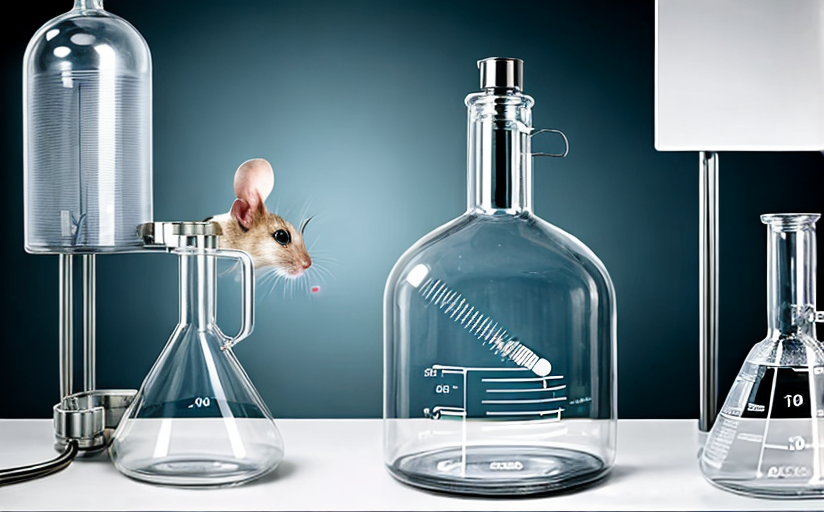The Ethics of Animal Experimentation: Necessary Progress or Unjustified Cruelty?
Animal experimentation is a subject that stirs intense debate. The different points of view on this matter can be grouped into two broad categories: those who see the experiments as a necessary advancement and those who perceive them as unforgivable cruelty.
Animal Testing and Medical Breakthroughs
The first school of thought defends animal trials as irreplaceable contributors to medical and scientific discoveries. Their view underline the development of several vaccines, treatments for debilitating diseases, and understanding of various forms of pathophysiology that can be directly linked to animal experimentation. For instance, the discovery of insulin was due to research carried out on dogs. They argue that live traps testing is crucial in observing the actual physiological and pathological processes in a living organism.
Ethical Regulations of Animal Use
In the scientific domain, the use of experimental animals is highly regulated. Various regulatory bodies worldwide govern the humane treatment of animals in labs. A cornerstone of these regulations is the 3R principle which stands for Replacement, Reduction, and Refinement. This principle guides testing labs to replace animal testing where possible, reduce the number of animals used and refine the procedure to cause the least suffering to the animals.
The Moral Implications
The opposition against animal experimentation is fundamentally ethical. Critics argue that animals, as sentient beings, have a right to their lives and physical integrity. They believe that it is morally wrong to harm animals for the sake of human benefits, no matter how valuable those benefits are. Animal testing is seen as a clear violation of animal rights, with critics stating that animals should not be treated as mere scientific tools for humans.
Potential Alternatives to Animal Testing
Critics also call for non-animal alternatives for lab experimentation. These alternatives include in-vitro (test-tube) experiments, computer simulations, and technologies such as 'organs-on-chips'. However, they also face their share of criticism where certain complex bodily interactions cannot be simulated in petri dishes or computer programs.
The Growing Dilemma
The tension between ethical concerns and scientific imperatives poses a growing dilemma. While science aims to improve human lives, the costs at which these advancements come cannot be overlooked. The balance seems continually elusive as the debate continues, leaving the subject of animal experimentation a contentious ethical issue.
Conclusion
Animal experimentation is a topic of intense debate. While some see these tests as necessary for medical and scientific breakthroughs, others view them as unjustifiable cruelty. As the debate rages on, finding a morally acceptable solution that preserves the progress of science becomes increasingly difficult.
















Comments
Leave a Comment